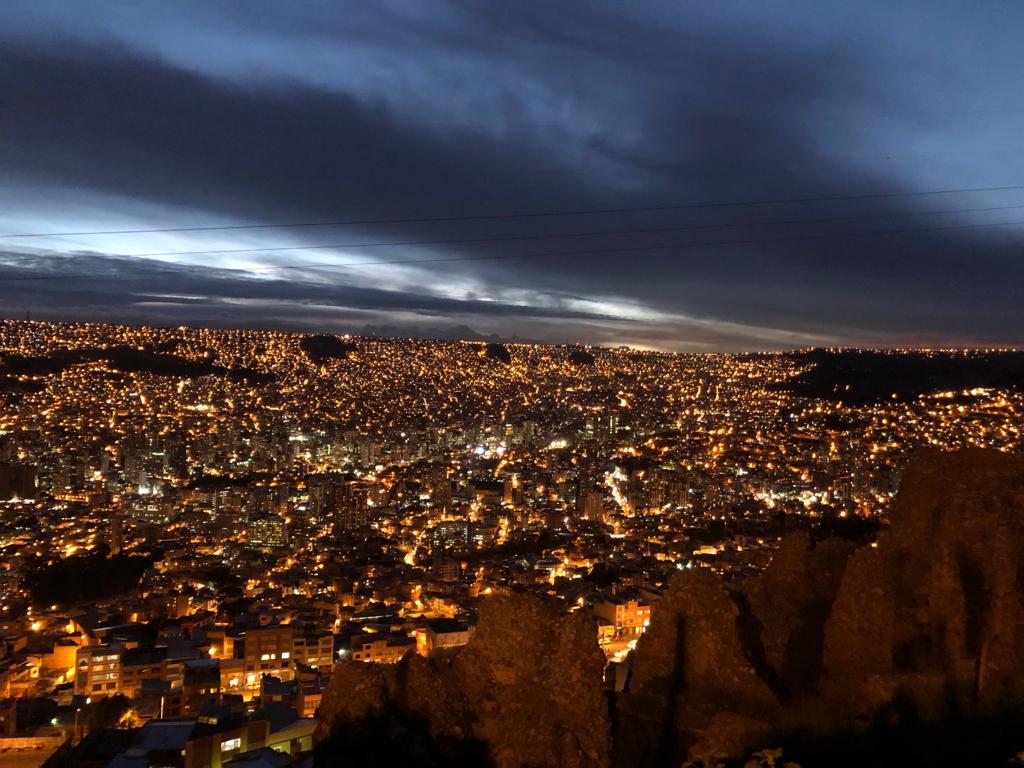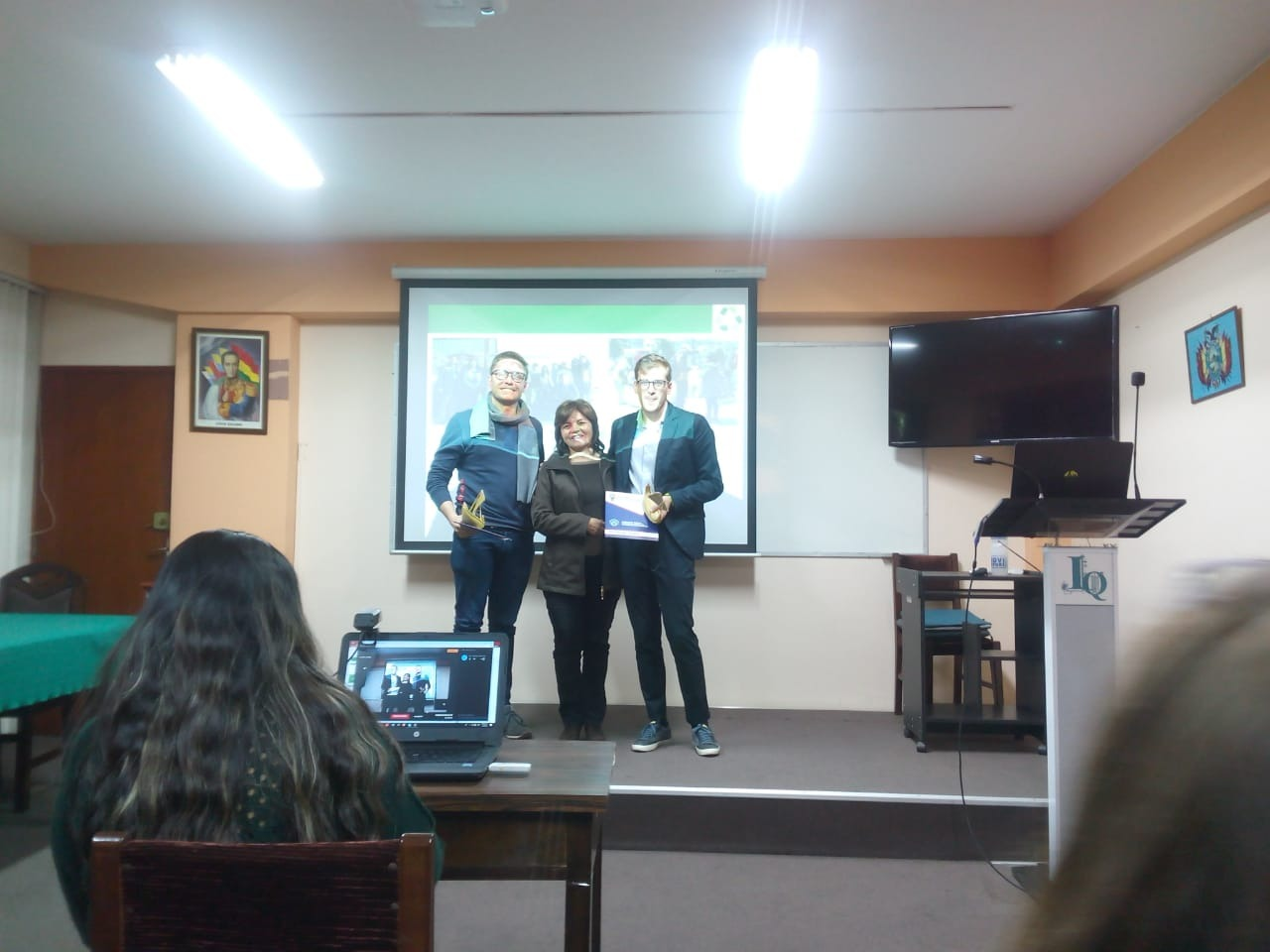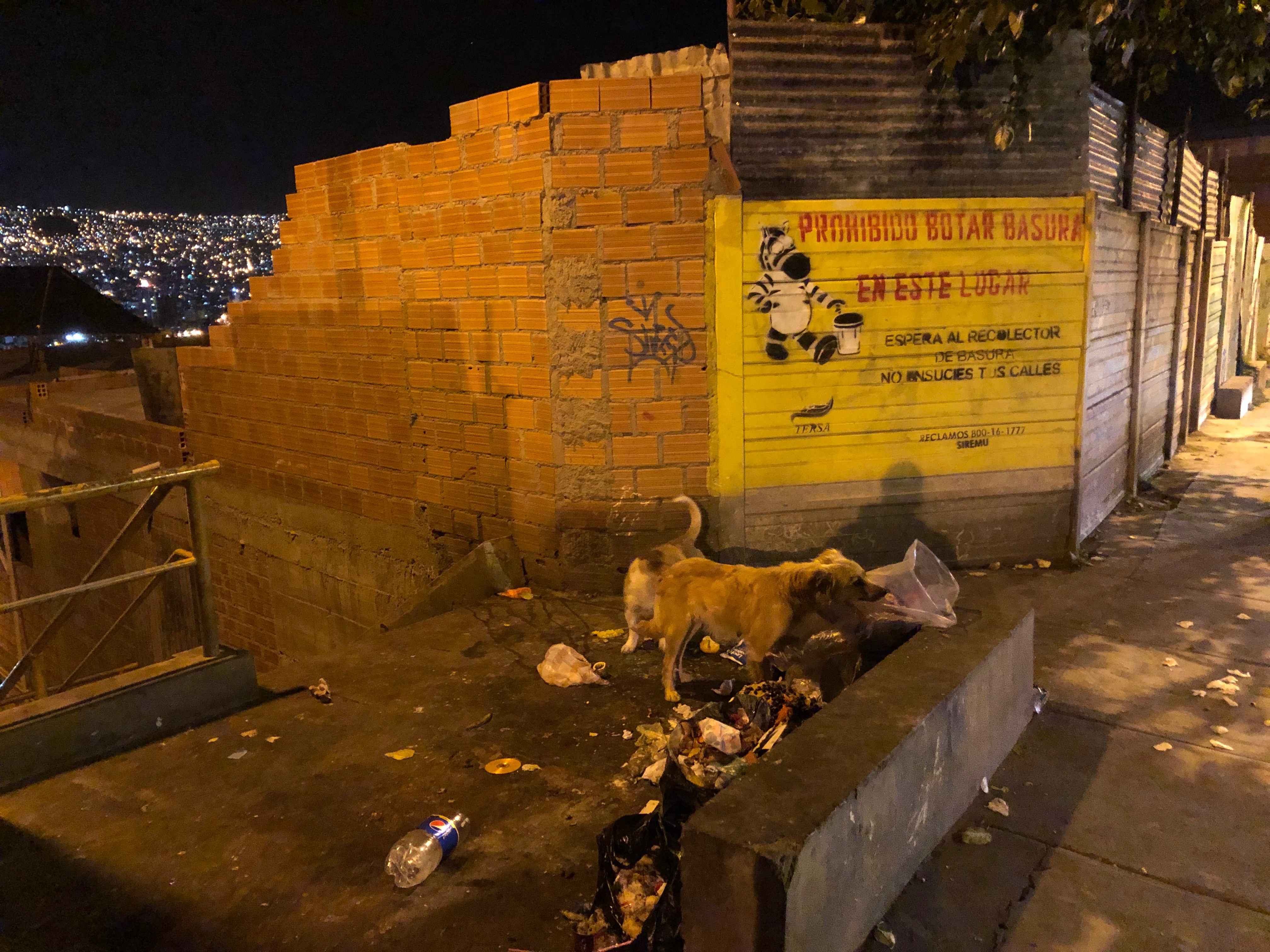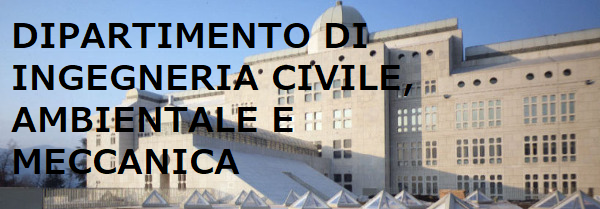One of our student, Gianluca Preziosi, spent four months in La Paz, Bolivia, working on his master thesis research project. Gianluca developed his research under the supervision of Prof. Marco Ragazzi (DICAM-UniTrento) and Phd student Navarro Ferronato (Insubria University) and the support of the University UMSA (Universidad Major de San Andres) and the research institute IIDEPROQ (Instituto de Investigación y Desarrollo de Procesos Químicos). The main goal of his project research was to propose a methodology to reduce the amount of municipal solid waste directing to dump, and also to understand how to generate an income for the municipality from the recyclable materials that can be sorted from their waste by improving a separate waste collection system.
Municipal solid waste management (MSWM) in developing countries is a complex problem to deal with because of the impacts on the environment and on human health that the waste, badly managed, may cause. The huge problem is the introduction of harmful contaminants into the three environmental matrices.

Gianluca developed his research in La Paz, a metropolis with more than 1 million inhabitants at an average altitude of 4000 meters above sea level. First of all, he started with an investigation on bibliographic data which revealed that the MSWM in the municipality of La Paz is not efficient (the recycling rate is 8%) as well as the financial sustainability. Then, thanks to several meetings with local governance, the student found the great interest of local authorities on implementing new management methods to improve the current MSW collection and management system.
By implementing a separate collection at the source it is possible to obtain an increase in the useful life of the dump site (reducing the volume of undifferentiated waste) and to generate income from the sale of the recyclable fraction. All this aspects permit to lead on a circular waste management (Circular economy).
The use of GIS allowed the creation of scenarios to introduce the recycling in the municipality, with a gradual development.

The proposed methodology represents an element of innovation in the Bolivian management scenario and allows to replicate the model in a contextualized way to the all cities in the country. A country with medium-low economic level like Bolivia, represents an area where international aid and new economic investments are required to promote economic development, encouraging the formalization of the informal sector within a sustainable MSWM scheme.



